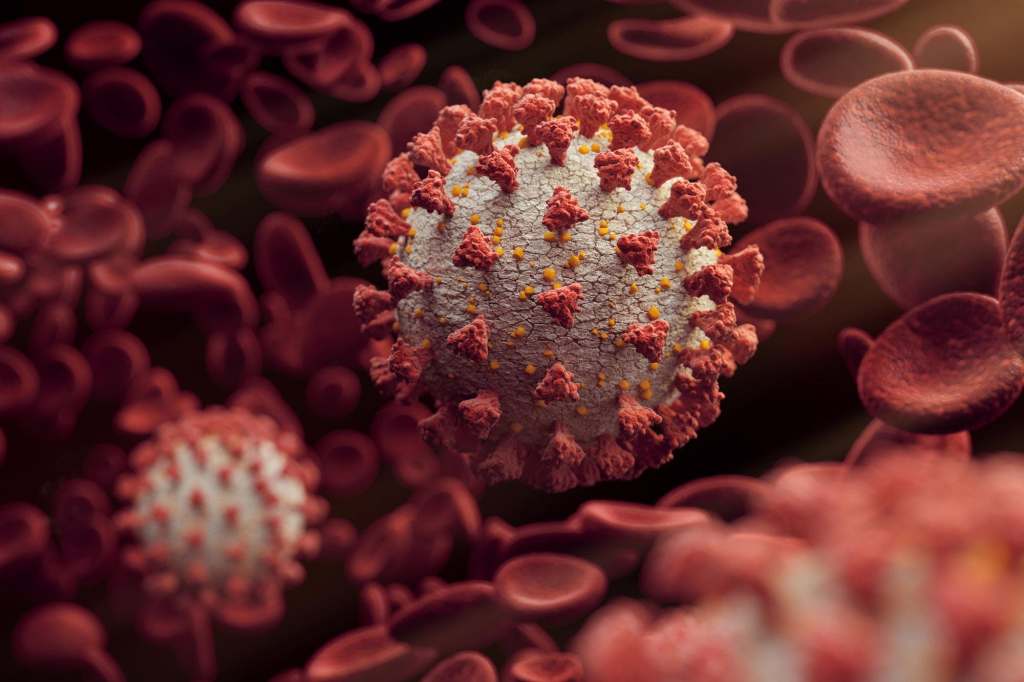Recent studies have shown that the virus responsible for COVID-19 may be developing resistance to antiviral treatments.
The antiviral medications nirmatrelvir and remdesivir are currently recommended for treating mild to moderate SARS-CoV-2 infections, particularly in high-risk individuals, to prevent the progression to severe symptoms and hospitalization.
However, prolonged use of these treatments can drive the virus to evolve new mutations, enabling it to evade these drugs.
This issue is especially critical for immunocompromised patients, who often require extended antiviral treatment due to their prolonged infection clearance times.
ATTENTION: Click “HERE” to join our WhatsApp group and receive News updates directly on your WhatsApp!
Consequently, these patients’ viruses have more opportunities to develop drug-resistant mutations.
Two recent studies have shown the evolution of drug-resistant SARS-CoV-2 strains.
Both research groups identified drug-resistant mutations in immunosuppressed patients treated with either nirmatrelvir or remdesivir.
One study also suggested that these resistant mutants could potentially spread between patients, posing a great challenge for future disease management and control.
The first study, conducted by researchers at Cornell University and the National Institutes of Health (NIH) and published in Nature Communications on September 18, examined the impact of antiviral treatment on the emergence of resistant SARS-CoV-2 mutations in 15 immunocompromised patients.
All patients received remdesivir, with some also receiving nirmatrelvir or monoclonal antibodies.
READ ALSO: COVID-19 Hits Paris Olympics 2024
Sequencing the virus’s DNA revealed that most patients harboured viruses with protective mutations against these antivirals.
Laboratory studies confirmed these viruses’ reduced sensitivity to both remdesivir and nirmatrelvir.
In addition, these resistant mutants were shown to be transmissible between individuals, at least in hamsters.
However, combined antiviral treatment was effective in overcoming this resistance.
The second study, involving researchers from Harvard University, Brigham and Women’s Hospital, the University of Pittsburgh, and Stanford University, and published in JAMA Network Open, assessed 165 patients with COVID-19 infections between 2021 and 2023.
Participants were divided into those who received antiviral treatment and those who did not.
The study found that antiviral-resistant mutations were more likely to appear in patients who had received antivirals, particularly among immunocompromised individuals and those treated with nirmatrelvir compared to remdesivir.
Most of these mutations were detected at low levels and reverted to their original form over time.
The researchers concluded that, for now, these resistant variants are unlikely to spread widely in the general population.
However, they stressed the importance of continued monitoring of these mutations and drug usage patterns to manage potential future risks effectively.
.png)
 11 months ago
112
11 months ago
112









 English (US)
English (US)